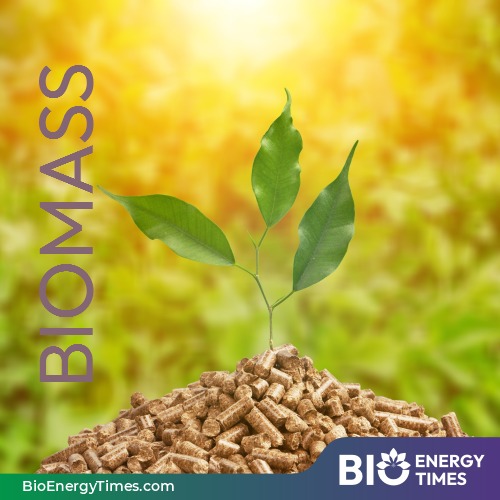According to the Florida State University News, researchers at the FAMU-FSU College of Engineering have developed a potential alternative to traditional petroleum-based plastics using carbon dioxide (CO2) and lignin, a wood-derived component that is a cost-effective byproduct of paper manufacturing and biofuel production. Their findings were published in Advanced Functional Materials.
“Our study harnesses the harmful greenhouse gas CO2 and transforms it into a valuable raw material for producing degradable polymers or plastics,” explained Hoyong Chung, an associate professor in chemical and biomedical engineering at the college. “Not only are we mitigating CO2 emissions, but we are also creating sustainable polymer products using CO2.”
This study represents a groundbreaking achievement, demonstrating the direct synthesis of a cyclic carbonate monomer from CO2 and lignin—a molecule composed of carbon and oxygen atoms that can form bonds with other molecules.
By combining multiple monomers, scientists can create synthetic polymers, which are long-chained molecules tailored for various applications.
The newly developed material is fully degradable without generating microplastics or toxic substances. It can be synthesized under lower pressures and temperatures and is recyclable without compromising its original properties.
Through depolymerization, researchers can convert polymers back to pure monomers, which are the essential building blocks of polymers. This process ensures high-quality recycled material. The monomers can be recycled indefinitely to produce a polymer of equivalent quality, a significant improvement over existing polymer materials that degrade in quality with repeated heat exposure during recycling.
“We can easily break down the polymer through depolymerization, and the resulting degraded product can be used to synthesize the same polymer again,” Chung emphasized. “This method is more cost-effective and maintains the original properties of polymers across multiple recycling cycles. It represents a breakthrough in material science, enabling the realization of a genuine circular economy.”
The innovative material holds potential for use in low-cost, short-lifespan plastic products in construction, agriculture, packaging, cosmetics, textiles, diapers, and disposable kitchenware. With further advancement, Chung anticipates its application in specialized polymers for biomedical and energy storage purposes.
The FSU Office of Commercialization provided crucial foundational support for Chung’s research. Internal funding and support from federal funds allocated to the State of Florida by the United States Department of Agriculture, National Institute of Food and Agriculture, and the FAMU-FSU College of Engineering were instrumental in advancing this project. Arijit Ghorai, a postdoctoral researcher, served as the lead author of the study.















